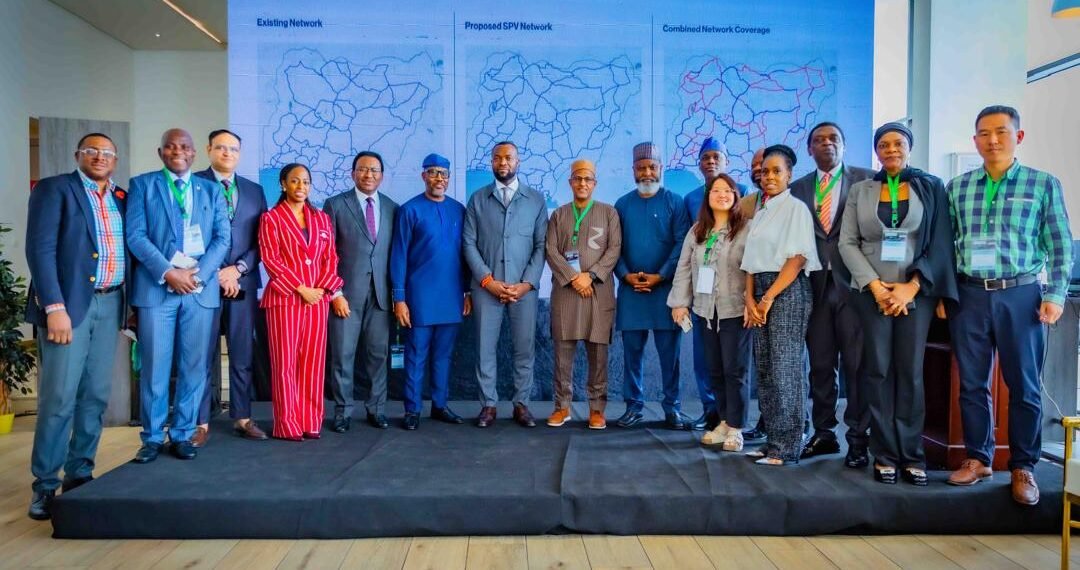The Federal Government of Nigeria has commenced the rollout of a massive 90,000-kilometre fibre optic network across the country, marking a major step toward achieving faster and more reliable internet connectivity nationwide. The project is expected to revolutionize access to online services, improve the quality of video conferencing and streaming, and strengthen Nigeria’s digital infrastructure.
Speaking at the 2025 National Union of Journalists (NUJ) Press Week in Ogun State, Senator Shuaib Salis, Special Adviser to the President on Information, Communication and Security, described the initiative as a defining moment in Nigeria’s digital transformation journey. He said the fibre network would enhance connectivity across all levels of governance, ensuring that every state, local government, and community enjoys improved internet access.
Senator Salis cited research showing that a 10 percent increase in broadband penetration could significantly boost Nigeria’s Gross Domestic Product (GDP). He emphasized that the government’s commitment to expanding digital access was not just about infrastructure, but about unlocking economic opportunities, empowering entrepreneurs, and creating a competitive digital economy.
Read also:
- MTN announces plans for launch of 5G network in seven states
- $2bn broadband project will boost GDP growth, says minister
- Britain, U.S. warn of satellite communications risks after Ukraine hack
Joining Senator Salis at the event, Dr. Bosun Tijani, Minister of Communications and Digital Economy, highlighted the administration’s efforts to attract global investors to Nigeria’s fast-growing tech ecosystem. He said the government is developing a policy framework that will encourage foreign direct investment, foster innovation, and support the growth of homegrown technology enterprises.
While praising the transformative power of digital technology, Senator Salis also warned about the disruptive potential of artificial intelligence in journalism. He urged media institutions to update their training programs to equip journalists with the skills needed to uphold truth, ethics, and professionalism in an AI-driven media environment.
According to him, Nigeria must embrace technological innovation while maintaining the integrity of information dissemination. The nationwide fibre optic rollout, he said, represents a decisive move toward bridging the digital divide, empowering citizens, and positioning Nigeria as a digital leader in Africa.






